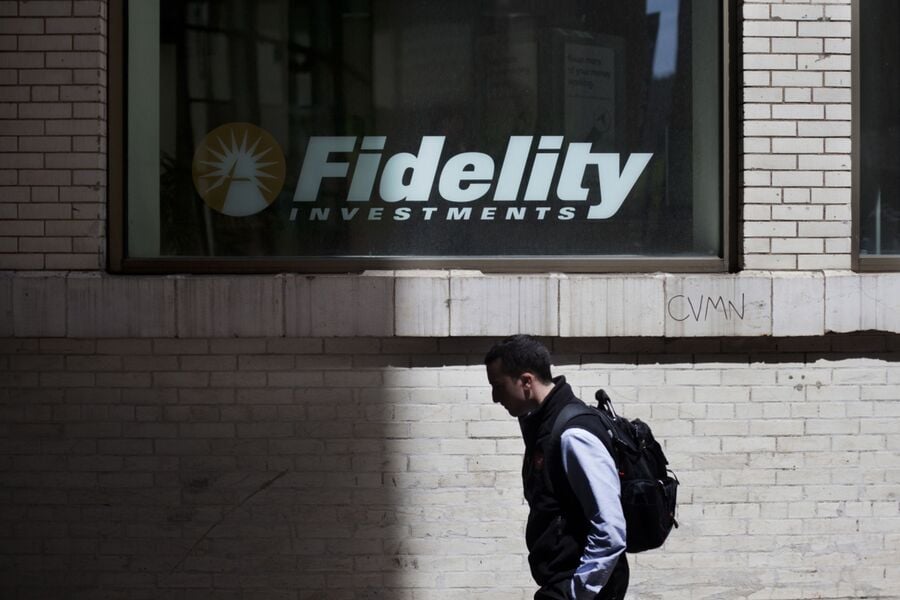

Lane MacDonald, who was recruited by the family office of the billionaire dynasty behind Fidelity Investments, has left parent firm FMR.
MacDonald, 57, confirmed he’s on garden leave — or mandatory time away from the industry before joining a competing firm — after departing FMR, where he was president and chief investment officer of its diversified investments group.
A spokesperson for Boston-based Fidelity declined to comment.
MacDonald has had ties to Fidelity, the financial services firm with about $10.3 trillion under management, for almost a decade.
The Johnson family’s private investment firm, Crosby Advisors, brought him in about nine years ago after he was head of the private equity portfolio at Harvard Management Group, which runs Harvard University’s endowment.
He then shifted to FMR, the parent company of mutual fund and financial services giant Fidelity. FMR is 49% owned by the Johnsons, who ranked 12th on Bloomberg’s annual list of the world’s richest families with a fortune exceeding $40 billion. FMR is affiliated with businesses that invest money on behalf of the Johnsons and other Fidelity employees and shareholders.
That includes venture capital firm F-Prime, which manages more than $4.5 billion and where Lane MacDonald served as a director. It invests in technology and health-care companies and was an early backer of Chinese e-commerce giant Alibaba Group Holding Ltd.
He was also a director at Impresa Management, a related group that manages private investments and reported $11.7 billion in client assets at the beginning of the year, according to a filing with the Securities and Exchange Commission.
Before he was an investor, MacDonald was known for his hockey prowess.
He was drafted by the NHL’s Calgary Flames but chose to attend Harvard, where as captain he led the Crimson to their only NCAA hockey championship in 1989. The previous year, he represented the U.S. in the 1988 Olympics.
He was inducted into the U.S. Hockey Hall of Fame in 2005.

While industry statistics pointing to a succession crisis can cause alarm, advisor-owners should be free to consider a middle path between staying solo and catching the surging wave of M&A.

New joint research by T. Rowe Price, MIT, and Stanford University finds more diverse asset allocations among older participants.

With its asset pipeline bursting past $13 billion, Farther is looking to build more momentum with three new managing directors.

A Department of Labor proposal to scrap a regulatory provision under ERISA could create uncertainty for fiduciaries, the trade association argues.

"We continue to feel confident about our ability to capture 90%," LPL CEO Rich Steinmeier told analysts during the firm's 2nd quarter earnings call.
Orion's Tom Wilson on delivering coordinated, high-touch service in a world where returns alone no longer set you apart.
Barely a decade old, registered index-linked annuities have quickly surged in popularity, thanks to their unique blend of protection and growth potential—an appealing option for investors looking to chart a steadier course through today's choppy market waters, says Myles Lambert, Brighthouse Financial.
